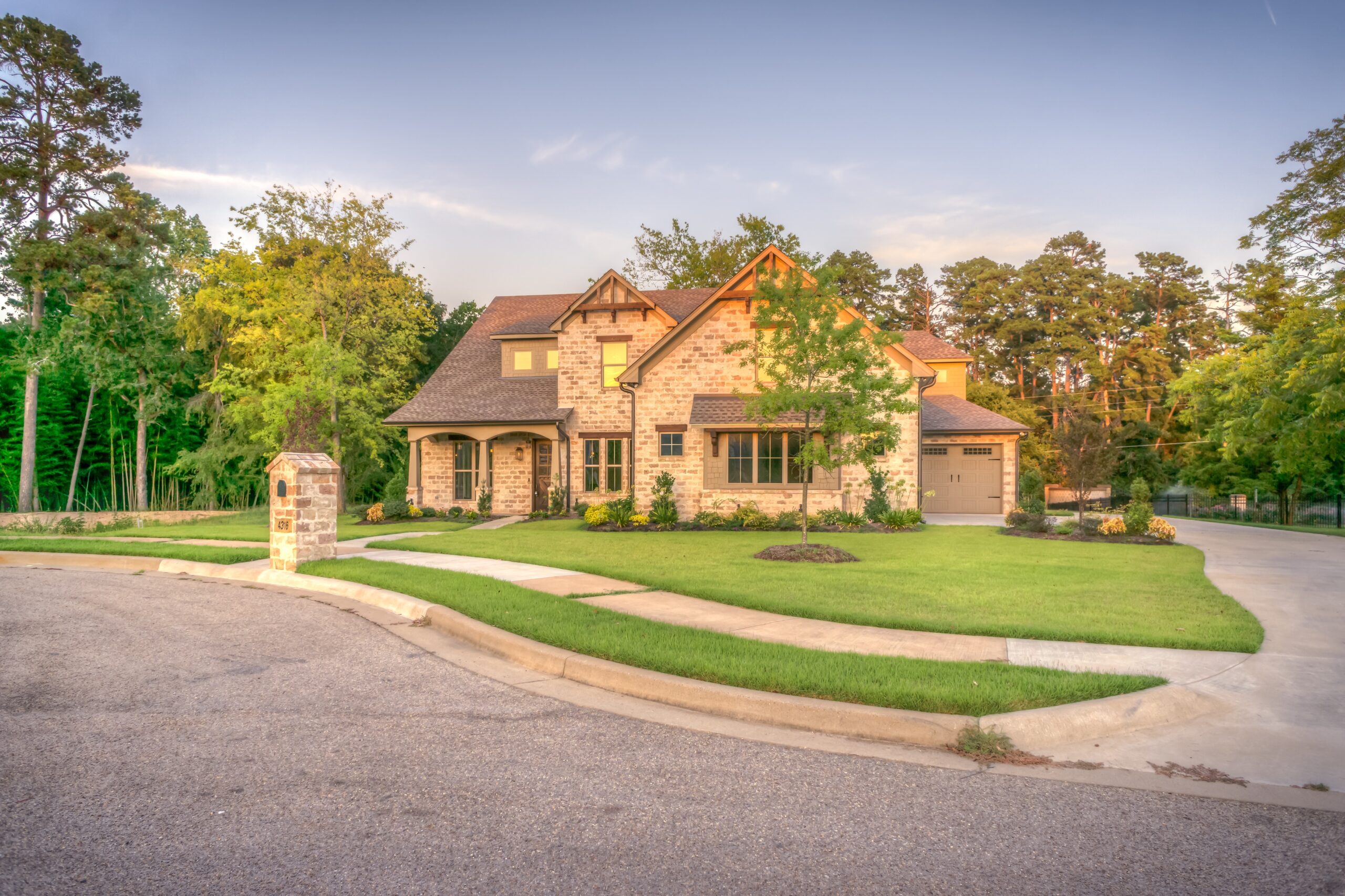There are plenty of reasons to opt for new home construction rather than purchasing an existing one. Starting new means deciding what layout is best for your needs, fewer maintenance costs, increased energy efficiency, and a higher resale value when it’s time to move on. You’ll find that new appliances need fewer repairs and are frequently covered under warranties, and the home itself will be covered under a warranty. Here’s some advice for the home buyer thinking of new construction.
Research the Neighborhood
Doing a little legwork around the neighborhood will answer a lot of questions for you. What do other residents think? What’s the overall plan for the surrounding communities? Are there HOA fees, and how stringent are the requirements? Take this time to visit the model homes in the area and see which one will best suit your family’s needs.
A realtor will usually know things about the immediate area and its surrounding communities that even the residents don’t know, so make sure to consult with your agent before choosing your neighborhood.
Choose a Respected Builder
You’ll find a list of available builders in your area by contacting your local home builder’s association. Make a list of those whose work is within your budget, and those who work in the area you’re considering. Doing a little research into a prospective builder will yield lots of information, including other projects under construction. Take a drive to visit the builder’s other projects; if you see a homeowner outside one of these homes, ask them what working with that builder was like and how satisfied they are with their home.
If you’re looking at a new development, your options may be limited to only using the builder who owns the lots. Your local Realtor will be able to help you find reputable builders in your area.
Know What’s Considered Standard and What’s an Upgrade
The model home you tour will be full of every possible upgrade the builder offers, meant to entice you with the possibility of what can be. That said, “what can be” comes with a big price tag. Understanding what is considered standard versus an upgrade is half the battle when it comes to pricing. When factoring in a standard list of upgrades, you can typically expect to pay 15-20% above the listed base price.
When it comes to pricing, it is vital to ensure that the builder’s sales rep is building all your specified upgrades into the agreed upon sales price. I’ve personally seen builders price out big ticket upgrades and ask the buyer to sign a contract without pricing the medium ticket upgrades. These are the ones that really pack a punch to your bottom line. The buyer will often upgrade smaller ticket items, like fixtures, but the medium upgrades for things like added windows or recessed lighting are often overlooked. It’s important to me that I review the contract with the buyer before they sign and give the deposit to make sure all desired upgrades are clearly defined and priced out.
Warranties
One of the best things about new construction is warranty coverage. Maryland requires some warranty coverage for new homes, but you’ll find that many builders will offer more comprehensive warranties. Find out what they cover, of course, but also dig a little deeper into the claim process, such as filing a claim and how the claim will be satisfied. Keep in mind that certain warranties will begin to expire after one year, so it’s recommended you bring an inspector in around ten or eleven months after purchasing the new home to look for problems that can be addressed while still covered.
New Construction Inspections
While not required, a home inspection is recommended. These inspections look for common issues including leaky plumbing and potential electrical issues such as missing GFCI outlets near sinks. Addressing these issues before the project is completed ensures that they’ll be fixed before moving in.
Use this opportunity to perform a final walk-through to make sure the home is as-promised, everything is in good working order, and you don’t see anything that needs to be fixed to match your agreement’s specifications.
Find a Realtor with New Home Construction Experience
You’ll find that the home purchase process for a newly constructed home can be as complex as that of an existing one. It’s important to have a professional Realtor in your corner to negotiate pricing, upgrades, and other important details within the contract and the build itself. The alternative is working with the builder’s representative, who won’t have the buyer’s best interest in mind. While the builder often has set pricing in mind for upgrades and appliances, for instance, a Realtor can often negotiate lower prices and more features for the buyer. In some cases, a Realtor can advise the buyer against making costly and unnecessary upgrades that won’t increase the home’s value or improve their quality of living.
Additionally, a Realtor will have a list of lenders who specialize in new home construction and will be able to recommend the best ones for the buyer. Not partnering with a new construction savvy Realtor during negotiations can be an expensive mistake.
Make Sure Your Realtor is with You at the First Walk-Through
It may be a surprise to learn that you’re usually not responsible for paying your own real estate agent’s commission for the purchase of new construction; the builder is. Builders tend to use their own brokers, and working with these brokers can cost you in the end. You’ll be better represented by partnering with your own Realtor.
It’s important to have your Realtor with you from the very first walk-through of the property to ensure they’ll be able to represent you in the purchase and receive their commission from the builder, also known as establishing a procuring cause.
If you’re looking at new construction for your next home, trust the experience of Ray Boss. Contact me now, and let’s talk about your new home.



